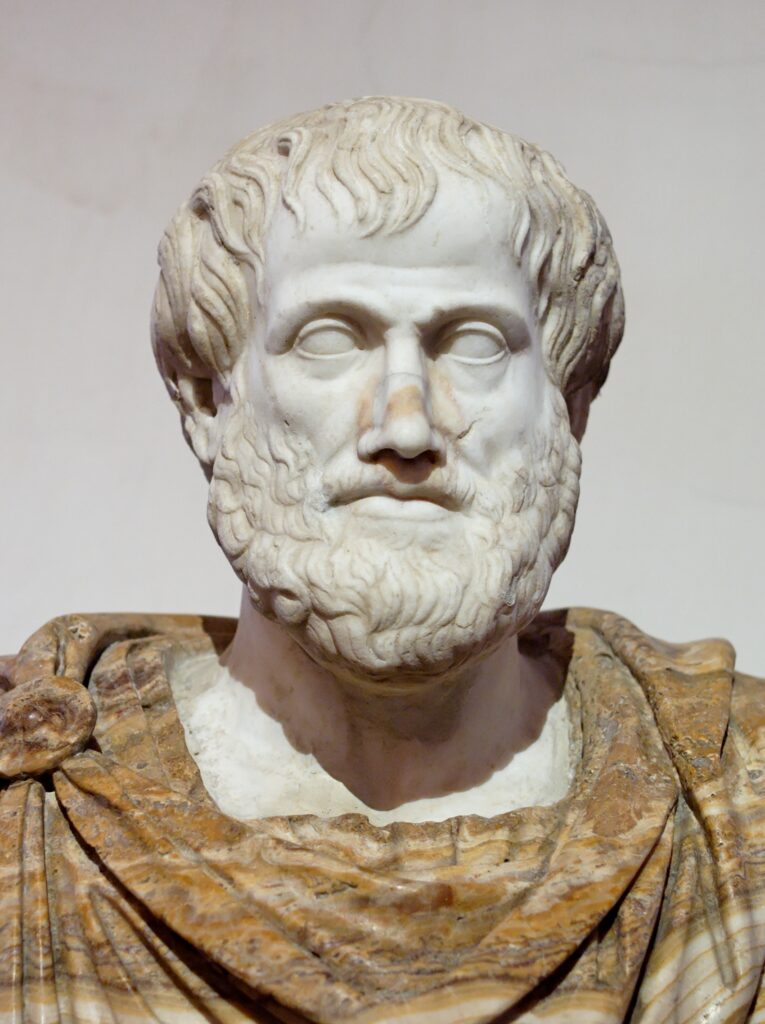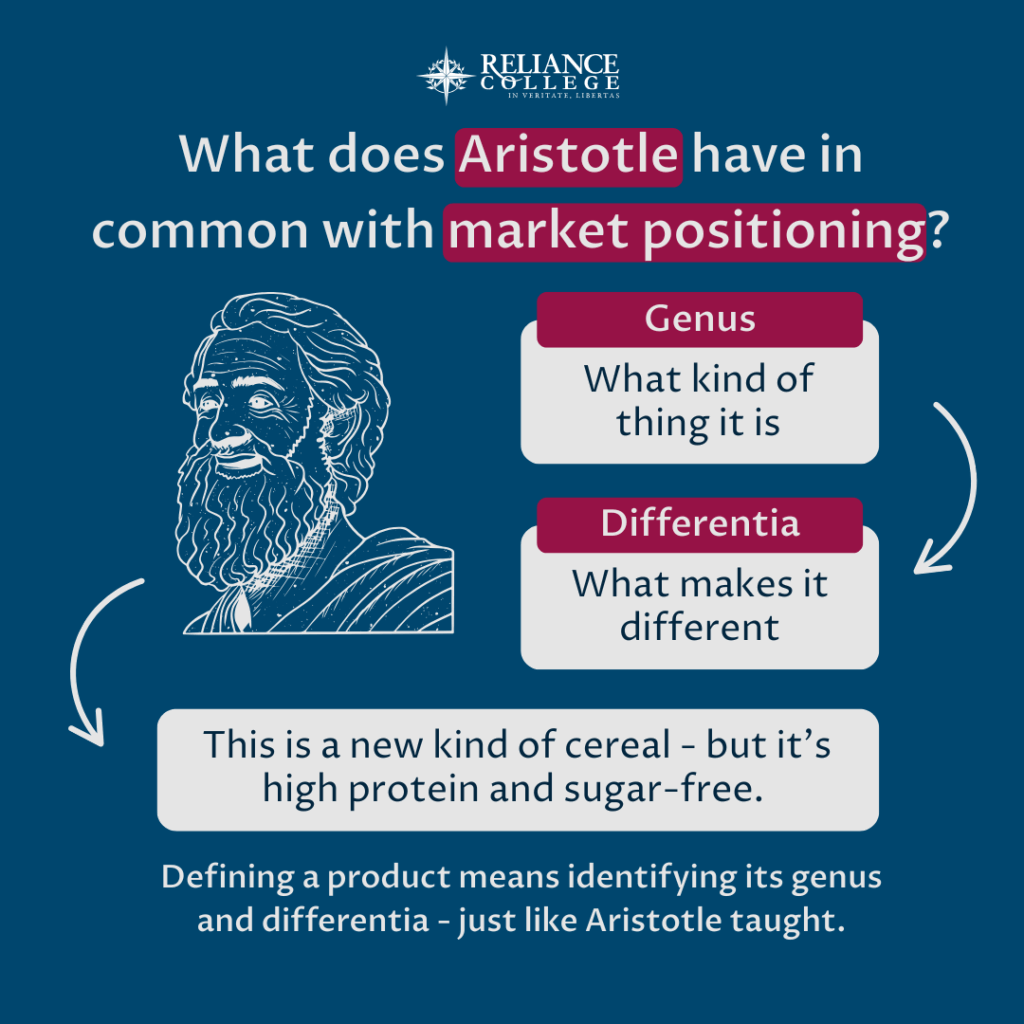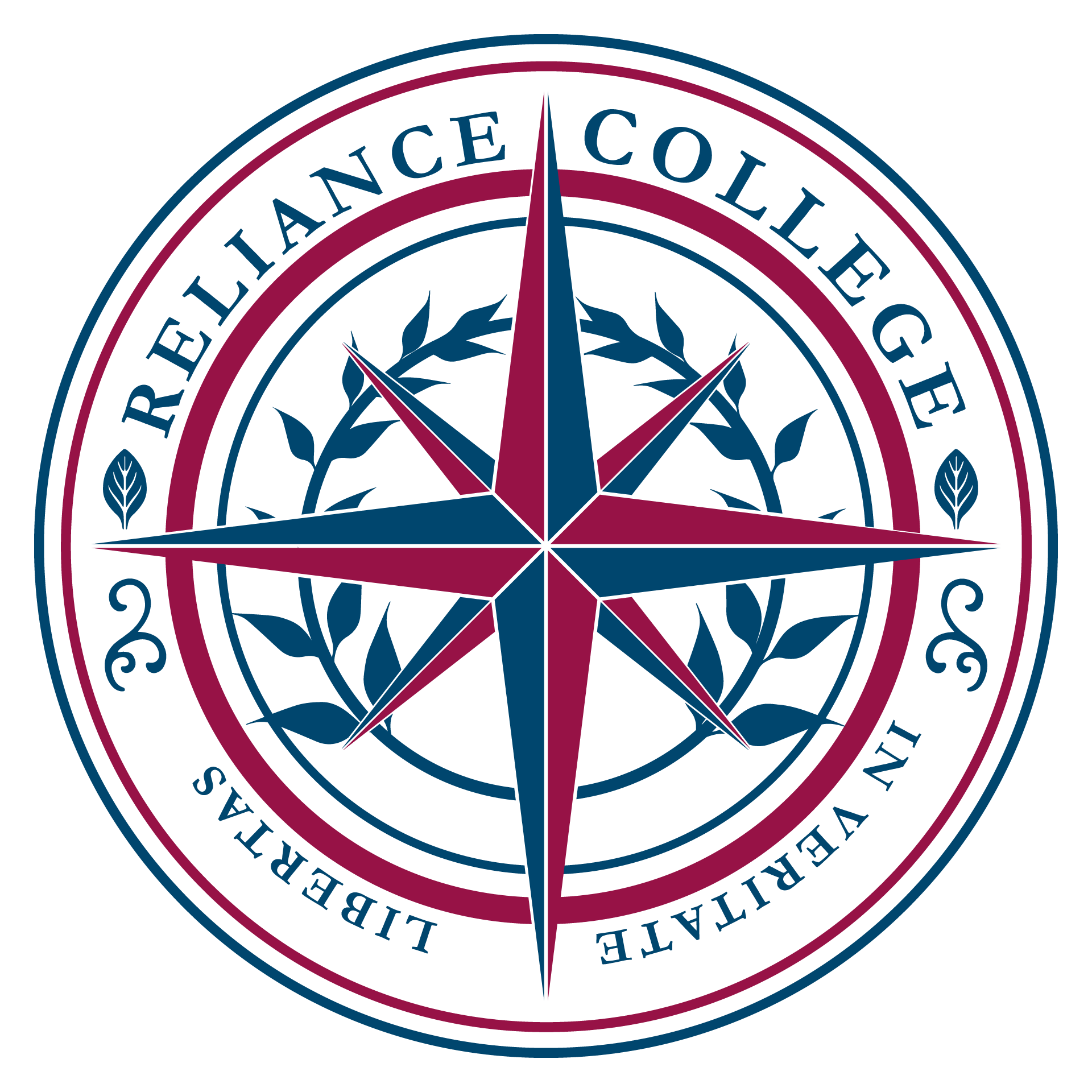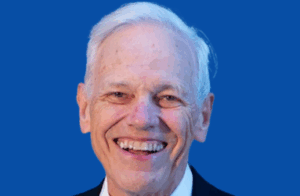What does Aristotle have in common with the founders of modern brand marketing?
More than you might think.
At Reliance College, we champion the liberal arts not as a nostalgic pursuit, but as a toolkit for thriving in the modern world. One of the clearest examples of this comes from a surprising parallel between the ancient philosopher Aristotle and the modern marketers Al Ries and Jack Trout, authors of the influential business classic Positioning: The Battle for Your Mind.

Let’s start with Aristotle.
In his logical writings, Aristotle taught that to define anything clearly, you need to identify two things:
- The genus — what general category the thing belongs to.
- The differentia — what distinguishes it from everything else in that category.
This two-part structure for definition lies at the heart of how we form concepts, make judgments, and reason about the world. For example:
- A triangle is a shape (genus) with three sides (differentia).
- A human being is an animal (genus) that is rational (differentia).
Now fast forward 2,000 years.
In the 1980s, brand marketing strategists Al Ries and Jack Trout developed what they called the principle of positioning. In a crowded marketplace, they argued, the key to success is getting your product to occupy a unique and memorable space in the consumer’s mind.
Their formula for doing so?
- Identify the product category (the mental “shelf” where customers would place your offering).
- Clarify your point of difference (why a customer should choose you over the competition).
Sound familiar?
- Volvo: A car (category) that is safe (difference).
- 7-Up: A soda (category) that is not a cola (difference).
- FedEx: A shipping service (category) that is overnight and guaranteed (difference).
This structure is a mirror image of Aristotle’s.
Whether you’re defining a product, a person, or a philosophical idea, the same principles of thought apply. In both cases, the goal is clarity, contrast, and understanding. And in both cases, the source of power is the human mind.
So what does this have to do with a student at Reliance College?
Everything.
At Reliance, we don’t just teach students to memorize facts or follow professional checklists. We teach them how to think—how to draw distinctions, how to analyze, how to communicate. We believe that the liberal arts, especially as practiced through collaborative Socratic conversation and study of the Great Books, develop precisely the kind of intellectual precision and creative synthesis that modern life and business demand.
Malachy Walsh, a longtime executive at J. Walter Thompson and a veteran of some of the most iconic ad campaigns in history (Tony the Tiger, the Marines’ “The Few, The Proud,” Burger King’s “Have It Your Way”), says that it was his background in the Great Books that gave him his competitive edge. In a recent conversation with Reliance College founder Marsha Familaro Enright, he said:

“Most people think advertising is just creativity or slogans. But real advertising starts with definition. What kind of product is this? Who’s it for? What problem does it solve? That’s Aristotle. The essence of positioning—the product category and the point of difference—is the same as Aristotle’s genus and differentia.”
Walsh went on to explain how his knowledge of Aristotle, Thucydides, and other great thinkers helped him understand not only products, but people. His ability to analyze characters in a business setting, interpret cultural shifts, and draw meaningful comparisons across time and industry all stemmed from the habits of thought he built in the liberal arts.
This is the kind of education we offer at Reliance.
Our students don’t study history to pass a test. They study history to understand the forces shaping their industries. They don’t read Aristotle to fill out a transcript. They read Aristotle to sharpen their thinking. They don’t engage in collaborative Socratic discussion because it’s quaint. They do it because it trains the mind to deal with complexity, ambiguity, and argument—the same challenges they’ll face in any high-stakes field.
And most importantly, we help students build the tools to define themselves. In an age where careers are fluid, job descriptions are vague, and the future is uncertain, the most powerful thing a young person can do is develop a strong internal compass.
You can think of it like this:
- Your life is the category.
- Your unique purpose, skills, and values are the difference.
A Reliance education helps students articulate both.
As the pace of change accelerates and AI reshapes the job market, those who can define, discern, and communicate ideas will be in high demand. Whether you’re launching a startup, leading a team, or navigating a career pivot, the ability to make meaningful distinctions and speak clearly about value will set you apart.
It will help you position yourself.
And that’s not just a brand marketing concept. That’s classical wisdom in action.
If you’re a student (or know one) looking to develop the kind of intellectual and entrepreneurial power that lasts a lifetime, check out our flagship summer program, The Great Connections Seminar, held this year from July 26 to August 2 in Chicago. Applications are open now, and scholarships are available.
Learn more: https://reliancecollege.org/seminar
Discover the difference a real liberal arts education can make.






